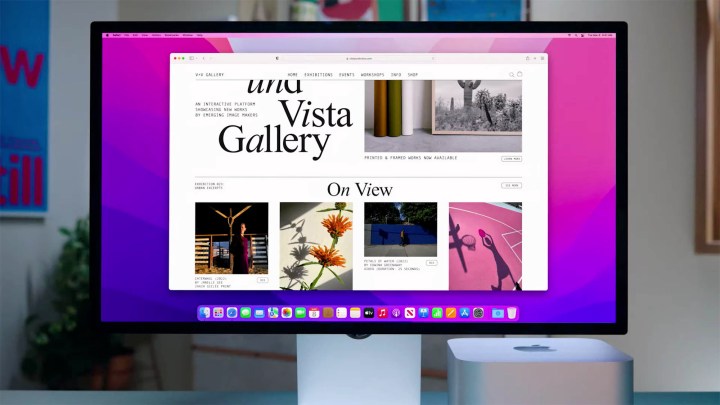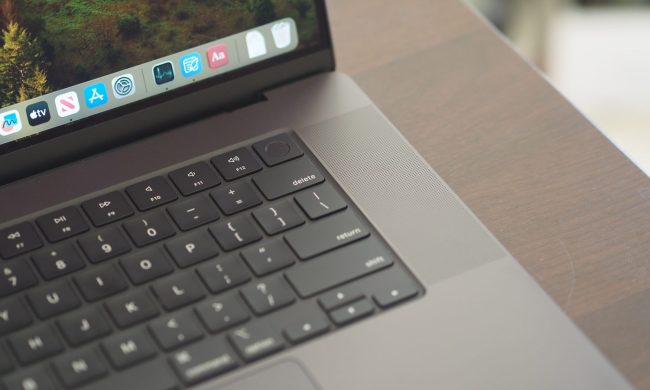Apple neglected to include the Studio Display in its latest iOS update, and the consequences were pretty bad: A lot of users ran into an error when the monitor tried to download the patch.
The issue came to light when Apple updated iOS to 15.4.1 and stopped supporting the previous version.

Last weekend’s events bring an interesting matter to light, and it’s as much an issue as it is a perk. Apple’s latest external monitor, the Studio Display, runs on an A13 Bionic processor, and consequently, iOS. It’s essentially the same thing as an iPhone on the inside, as the chip was also used to power the iPhone 11 and the 2021 version of the iPad.
Everything was fine until some users started to run into problems with their Studio Display monitors. Reports began flooding the official Apple forums in response to an update that the Studio Display was unable to download.
An ominous message appeared: “Apple Studio Display firmware update could not be completed. Try again in an hour. If the problem persists, contact an authorized Apple service provider.”
Although Apple hasn’t commented on this, Macworld traced the problem back to what seems to be a probable cause: Apple may have forgotten that the Studio Display also runs iOS. The new 15.4.1 update was not available for the Studio Display, but the 15.4 version was no longer supported. This created a loop where the monitor was unable to run the patch that was supposed to be available to it.
The 15.4 patch for the Studio Display was something many users wanted to get their hands on, although the update didn’t contain what they really needed — webcam fixes. Many users were dissatisfied with the quality of the 12MP webcam built into Apple’s external display, and the company promises that fixes were on the horizon. However, this still hasn’t happened, and the 15.4 iOS update included some stability improvements and an update for Intel-based Macs.
Whether the update was particularly useful for the display or not, many users attempted to download it after Apple had already stopped supporting it due to releasing a new version of iOS. This left Studio Displays users out in the cold, turning to the forums in search of solutions. Some were even told to bring their Studio Display in for repairs, which is not a good look for a device that is less than a month old.
Ultimately, Apple fixed the issue. You can now download iOS 15.4 onto your Studio Display. In order to update the firmware, your Mac must have MacOS 12.3.1. Head to Software Update in System Preferences and the update should be waiting for you there if it’s available. Both the monitor and the computer will have to restart during the update.
The fact that Apple released a monitor with an iPhone chip is certainly a step up, but it also means that the company needs to be extra careful about things like this now. A routine update was able to put a number of users out of commission for a while, highlighting how important it is for Apple to reconsider the way it handles updates. After all, not all Apple devices run on the same version of iOS at the same time.



